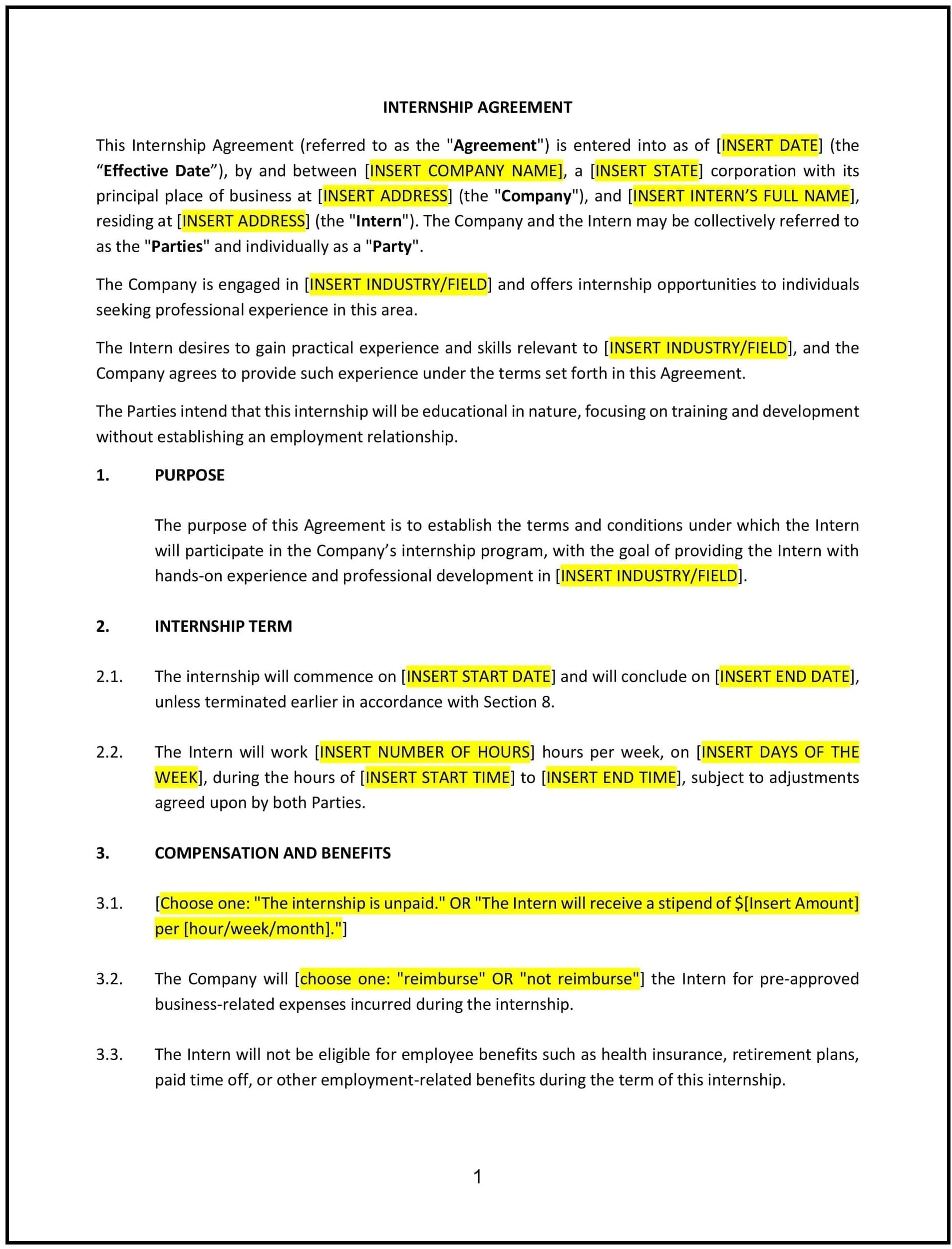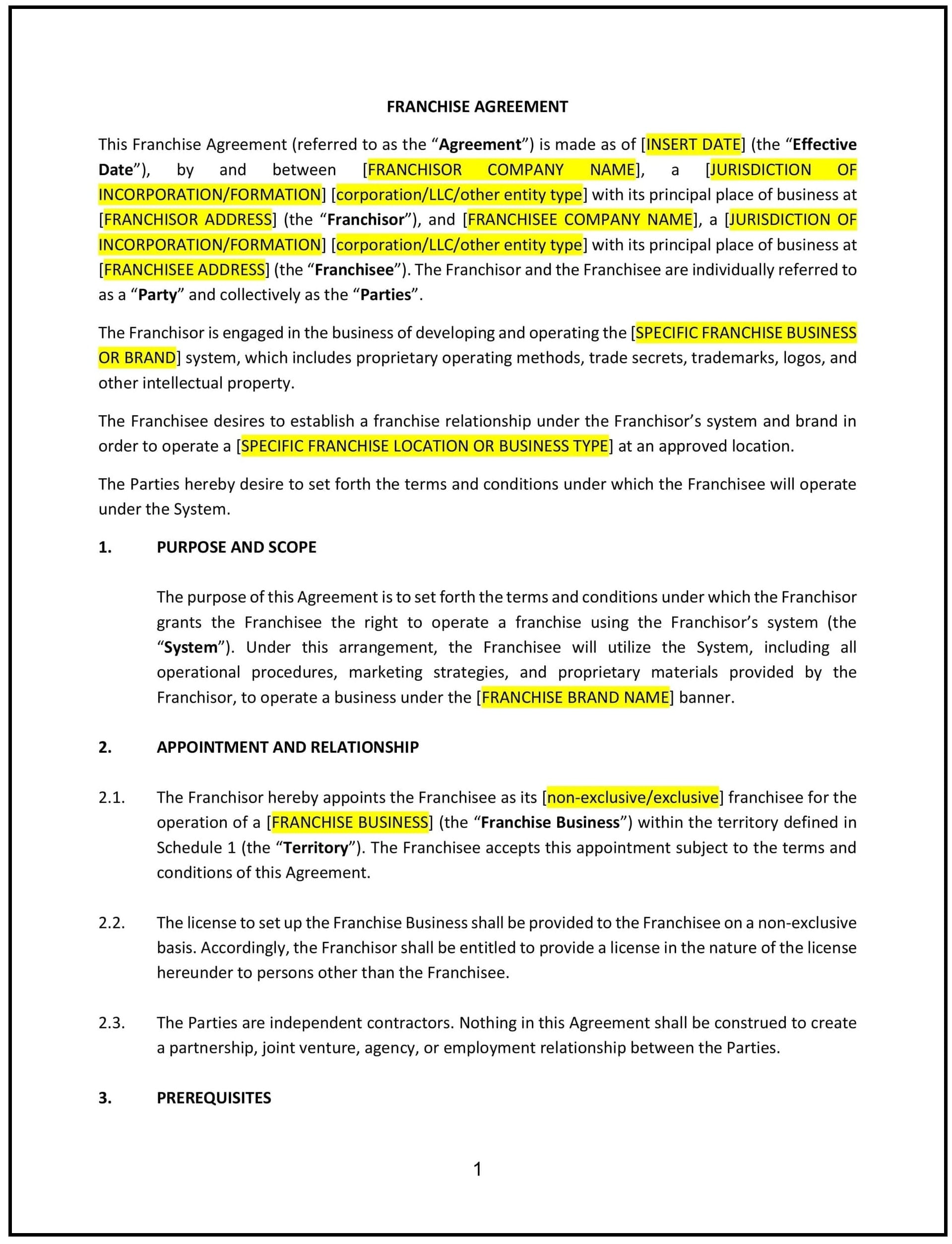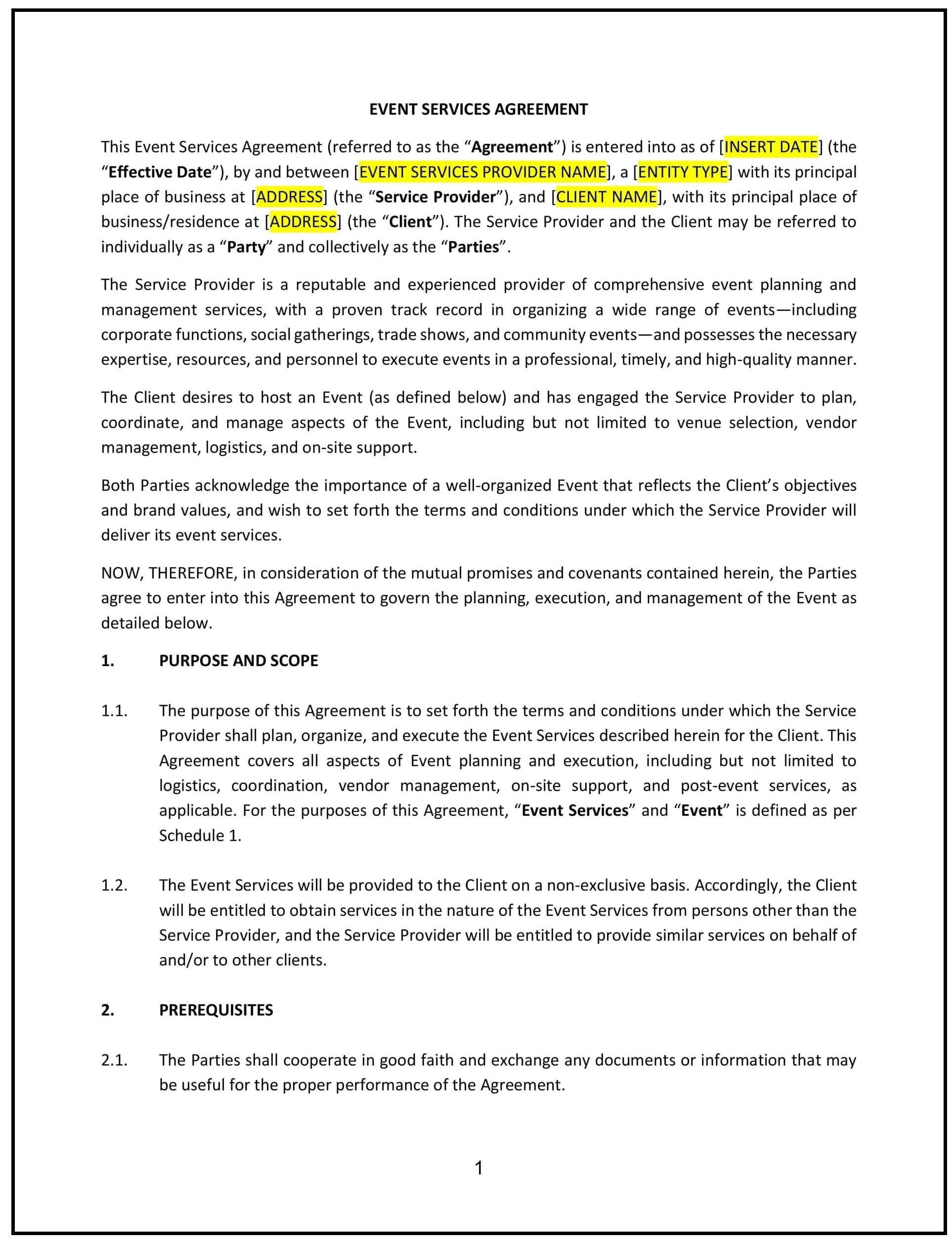Product Manufacturing Agreement (Alabama): Free template
Product Manufacturing Agreement (Alabama)
A Product Manufacturing Agreement is a legal contract between a manufacturer (the "Manufacturer") and a client or company (the "Client"), where the Manufacturer agrees to produce goods according to the Client's specifications. In Alabama, this agreement must comply with state laws regarding contracts, business transactions, intellectual property, and consumer protection. A well-drafted agreement ensures clarity, minimizes disputes, and protects both parties' interests.
For example, a small business in Huntsville might enter into a Product Manufacturing Agreement with a manufacturer in Montgomery to produce custom-branded apparel. A clear agreement specifies product specifications, pricing, timelines, quality standards, and other critical details.
Tips for drafting and maintaining a Product Manufacturing Agreement in Alabama
- Identify the parties: Clearly specify the names, contact information, and roles of both the Manufacturer and the Client. Example: “This Product Manufacturing Agreement is entered into by [Manufacturer Name], located at [Address], and [Client Name], located at [Address].”
- Define the product specifications: List the specific products to be manufactured, including materials, dimensions, designs, and any branding or labeling requirements. Example: “The Manufacturer agrees to produce the following products: [Description of Products, e.g., custom t-shirts, branded mugs, etc.]. The products shall meet the specifications provided by the Client in Exhibit A.”
- Specify pricing and payment terms: Outline how the Client will compensate the Manufacturer, including deposits, installment payments, and final balances. Example: “The Client shall pay a deposit of $[Amount] upon signing this agreement and the remaining balance of $[Amount] no later than [Date/Upon Delivery].”
- Address timelines and deliverables: Detail the schedule for production, delivery, and any milestones. Example: “The Manufacturer shall complete production and deliver all products by [Delivery Date] and provide a detailed production timeline to the Client no later than [Date].”
- Include quality standards: Set expectations for product quality, testing procedures, and adherence to agreed-upon specifications. Example: “The Manufacturer shall adhere to industry standards and ensure all products meet the quality specifications outlined in Exhibit A.”
- Add intellectual property provisions: Clarify ownership of intellectual property, such as designs, trademarks, or patents. Example: “All intellectual property rights related to the products, including designs and branding, shall remain the exclusive property of the Client.”
- Include liability and indemnification: Clarify each party’s liability in case of errors, damages, or breaches of the agreement. Example: “The Manufacturer shall not be liable for any delays or issues caused by factors outside their control, such as supply chain disruptions or natural disasters.”
- Include a termination clause: Specify conditions under which the agreement can be terminated by either party. Example: “This agreement may be terminated by the Client with [Number] days’ written notice, subject to forfeiture of the deposit.”
- Outline governing law and jurisdiction: Ensure the agreement specifies that it is governed by Alabama law and identifies the appropriate courts for dispute resolution. Example: “This agreement is governed by the laws of the State of Alabama. Any disputes arising under this agreement shall be resolved in the courts of [County], Alabama.”
- Include signatures: Both parties must sign and date the agreement to make it legally binding. Example: “IN WITNESS WHEREOF, the parties have executed this Product Manufacturing Agreement as of the date first written above.”
Frequently asked questions (FAQs)
Q: Does Alabama recognize Product Manufacturing Agreements as enforceable contracts?
A: Yes, Product Manufacturing Agreements are enforceable contracts in Alabama, provided they meet the basic requirements of a valid contract, such as mutual consent, offer, acceptance, and consideration.
Q: What happens if the Manufacturer fails to meet quality standards in Alabama?
A: If the Manufacturer breaches the agreement, the Client may pursue remedies such as refunds, compensation for losses, or termination of the agreement, depending on the terms specified in the contract.
Q: Can a Product Manufacturing Agreement in Alabama include confidentiality clauses?
A: Yes, confidentiality clauses can be included to protect sensitive information shared during the manufacturing process, such as proprietary designs or trade secrets.
Q: Can a Client cancel a Product Manufacturing Agreement in Alabama?
A: Yes, but the agreement should specify the conditions and consequences of cancellation, such as forfeiture of deposits or partial refunds. Clear terms help prevent disputes.
Q: Are verbal Product Manufacturing Agreements enforceable in Alabama?
A: Verbal agreements may be enforceable for certain types of contracts, but written agreements are strongly recommended to avoid misunderstandings and provide clear evidence of the terms.
Q: How does Alabama’s consumer protection law affect Product Manufacturing Agreements?
A: Alabama’s Deceptive Trade Practices Act prohibits unfair or deceptive practices in trade or commerce. Both parties must ensure compliance with these laws to avoid penalties.
This article contains general legal information and does not contain legal advice. Cobrief is not a law firm or a substitute for an attorney or law firm. The law is complex and changes often. For legal advice, please ask a lawyer.


